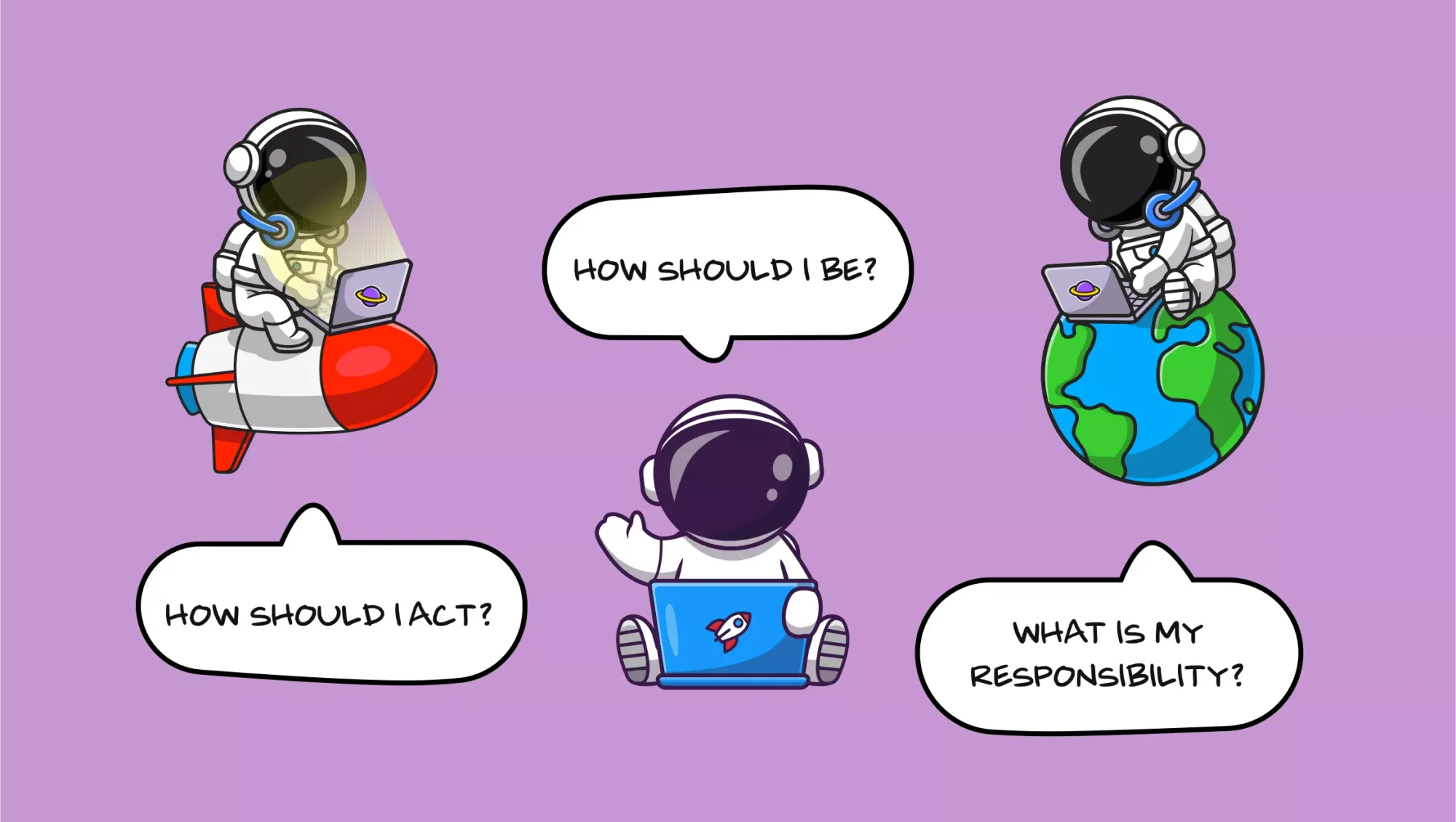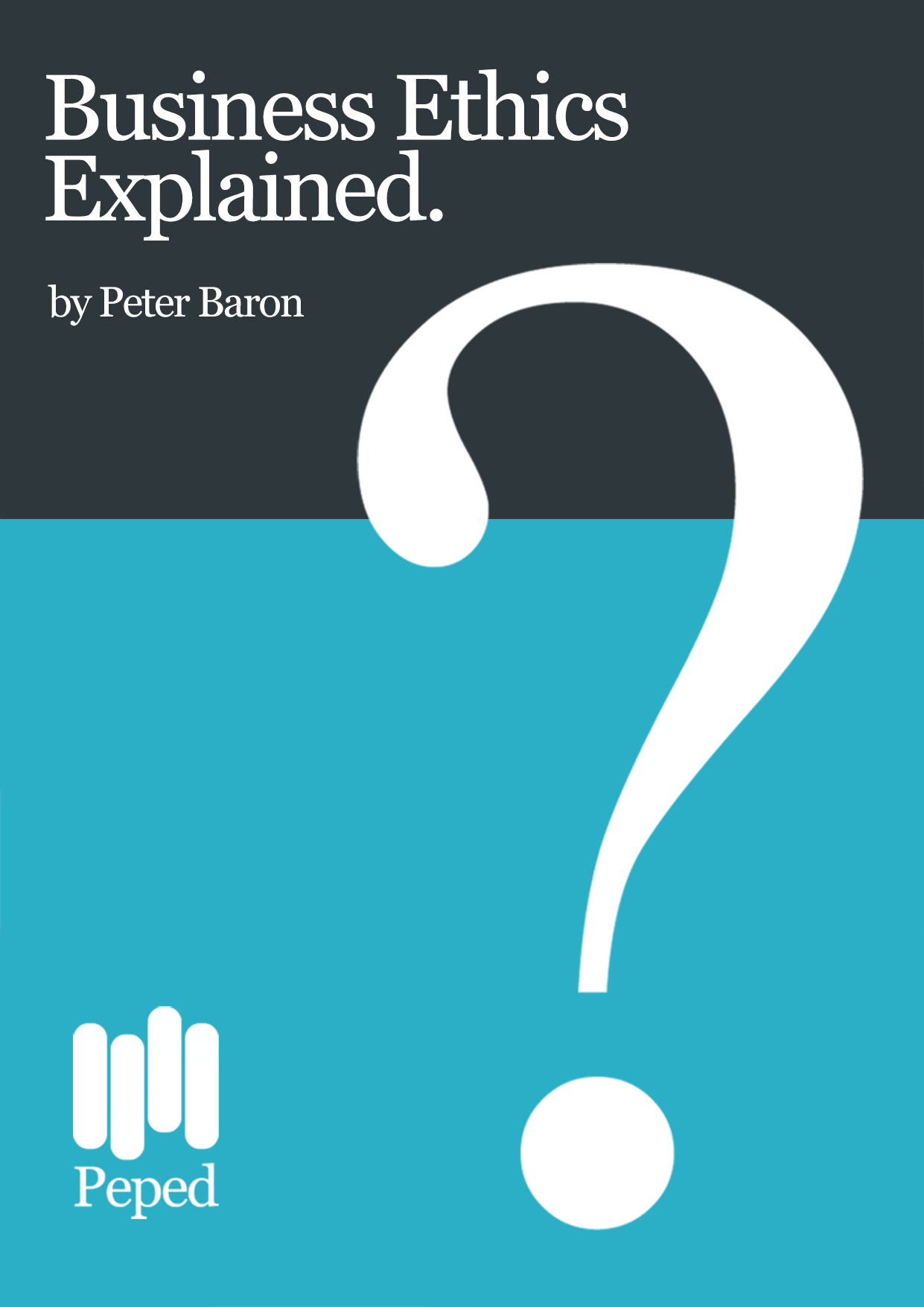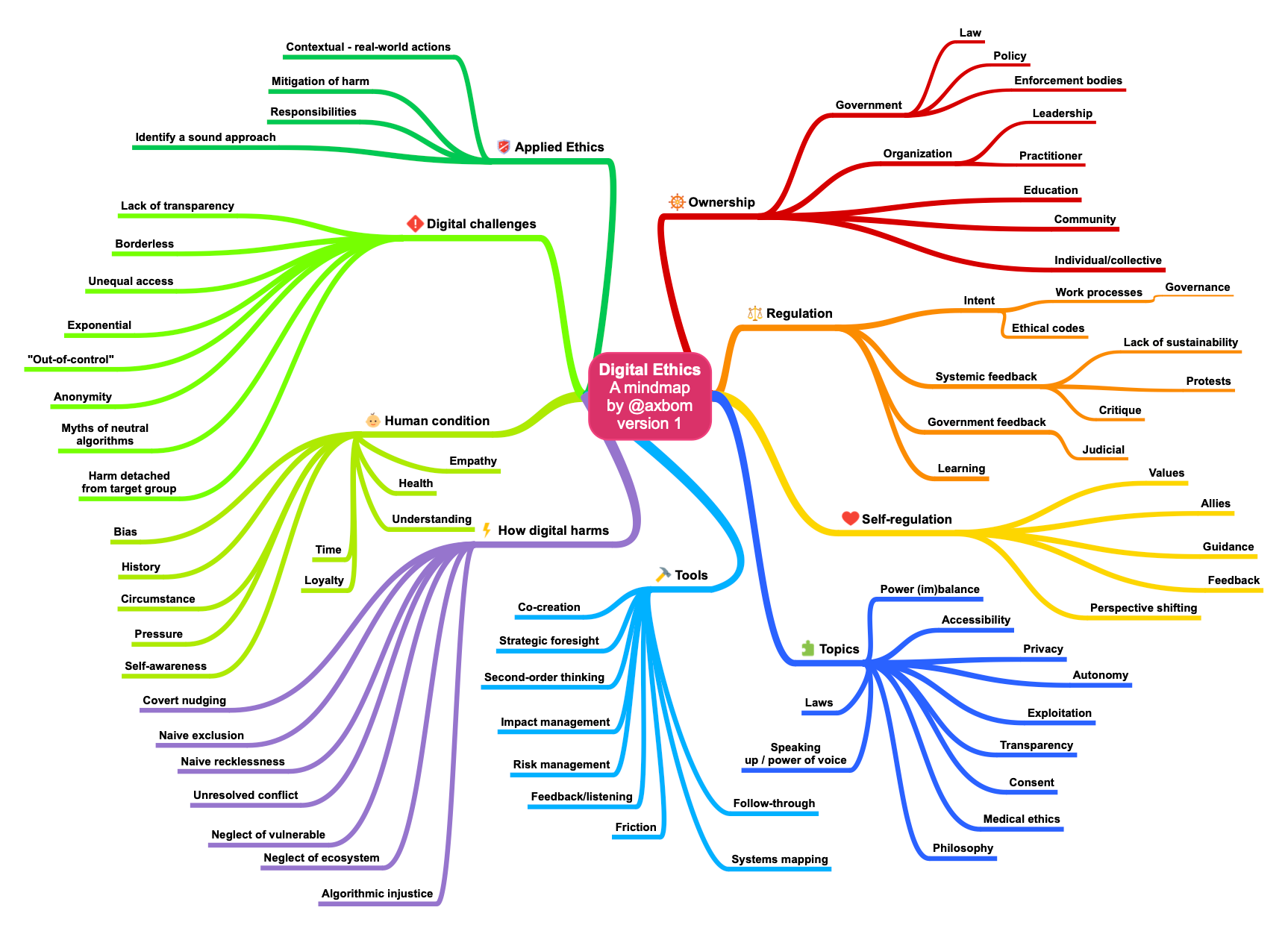Sabrina Banks Leak: Privacy Consent And Digital Ethics Explained In 2023
When Sabrina Banks' personal data got leaked online, it sparked a massive debate about digital privacy and consent in the modern world. The incident wasn’t just about one person’s data being exposed; it highlighted how vulnerable our personal information is in today’s digital age. From social media platforms to online transactions, we're constantly sharing data without fully understanding the risks involved.
Imagine this: you're scrolling through your feed, liking posts, commenting on pictures, and maybe even signing up for a new app. Sounds harmless, right? But what happens when that data falls into the wrong hands? Sabrina Banks' case serves as a wake-up call for all of us to rethink how we handle our digital footprint and consent.
This isn’t just about Sabrina. It’s about everyone who uses the internet. Privacy leaks like this one aren’t isolated incidents—they’re symptoms of a larger problem. As we dive deeper into the world of digital ethics, we’ll explore why consent matters, how leaks happen, and what you can do to protect yourself.
What Happened with Sabrina Banks Leak?
The Sabrina Banks leak wasn’t just a random breach. It was a meticulously planned attack targeting sensitive personal data. In 2023, hackers managed to infiltrate a database where Sabrina had stored her personal information, including photos, messages, and other private content. The breach quickly went viral, sparking outrage and raising serious questions about digital security.
Key Details of the Leak
Here’s a breakdown of what went down:
- When? The leak occurred in early 2023.
- What was leaked? Personal photos, messages, and other private data.
- How? Hackers exploited a vulnerability in the platform Sabrina used to store her data.
- Impact? The leak not only affected Sabrina but also raised concerns about digital privacy for millions of users worldwide.
Let’s face it—this kind of breach can happen to anyone. But understanding how it happened is the first step toward preventing it in the future.
- Lauren German Relationship
- Lauren S%C3%A3nchezs Background
- Lararosewalks Erome
- Leigh Darby
- Lainey Wilson Ex Husband
Why Privacy Matters in the Digital Age
In a world where everything from our shopping habits to our location is tracked, privacy isn’t just a luxury—it’s a necessity. The Sabrina Banks leak is a stark reminder of how easily our personal information can be compromised. But why does privacy matter so much?
Think about it: when you share something online, you’re trusting that platform to keep it safe. Whether it’s a photo, a message, or even your credit card details, you’re giving them access to sensitive data. If that trust is broken, the consequences can be devastating.
The Importance of Digital Consent
Consent is at the heart of digital privacy. It’s not just about clicking “I agree” on a terms and conditions page. True consent means understanding what you’re agreeing to and having the power to say no. In Sabrina’s case, she trusted the platform with her data, but that trust was violated when her information was leaked.
Here are some key points about digital consent:
- Consent should be informed, meaning users need to know exactly what they’re agreeing to.
- It should be voluntary, giving users the freedom to opt out if they choose.
- And it should be clear—no hidden clauses or complicated legal jargon.
Without proper consent, we’re leaving ourselves vulnerable to breaches like the one Sabrina experienced.
The Role of Digital Ethics
Digital ethics is all about doing the right thing in the online world. It’s about respecting people’s privacy, protecting their data, and using technology responsibly. The Sabrina Banks leak is a prime example of what happens when digital ethics are ignored.
In the digital age, companies have a responsibility to safeguard user data. They need to implement robust security measures, be transparent about their data practices, and prioritize user privacy. But it’s not just up to them—users also have a role to play in protecting their own information.
Principles of Digital Ethics
Here are some key principles of digital ethics:
- Respect: Treat others’ data with the same care you’d want for your own.
- Responsibility: Take ownership of your actions online and their consequences.
- Transparency: Be open about how data is collected, stored, and used.
- Accountability: Hold yourself and others accountable for ethical behavior.
By embracing these principles, we can create a safer, more ethical digital environment for everyone.
How Do Data Leaks Happen?
Data leaks like the Sabrina Banks incident don’t just happen out of nowhere. They’re usually the result of vulnerabilities in security systems, human error, or malicious intent. Understanding how these leaks occur is crucial for preventing them in the future.
Common Causes of Data Leaks
Here are some of the most common causes:
- Hacking: Cybercriminals exploit weaknesses in software or networks to gain unauthorized access.
- Phishing: Scammers trick users into giving away their login credentials or personal information.
- Insider Threats: Employees or contractors misuse their access to sensitive data.
- Human Error: Mistakes like sending emails to the wrong recipient or leaving devices unattended.
While some of these causes are beyond our control, there are steps we can take to minimize the risk of a data leak.
Protecting Yourself from Data Leaks
So, how can you protect yourself from becoming the next victim of a data leak? It starts with being proactive about your digital security. Here are some tips to keep your personal information safe:
Best Practices for Digital Security
- Use Strong Passwords: Avoid using common words or phrases. Instead, opt for complex combinations of letters, numbers, and symbols.
- Enable Two-Factor Authentication (2FA): This adds an extra layer of security by requiring a second form of verification.
- Be Cautious with Links and Attachments: Don’t click on suspicious links or download unknown files.
- Regularly Update Software: Keep your devices and apps up to date to protect against vulnerabilities.
- Limit Data Sharing: Only share necessary information and be mindful of who you’re sharing it with.
By following these best practices, you can significantly reduce your risk of falling victim to a data leak.
Legal Implications of Data Leaks
Data leaks don’t just have personal consequences—they can also lead to legal ramifications. Depending on the severity of the breach, companies may face lawsuits, fines, or even criminal charges. In Sabrina’s case, legal action was taken against the platform responsible for storing her data.
Key Legal Frameworks
Here are some important legal frameworks related to data protection:
- General Data Protection Regulation (GDPR): A European law that sets strict guidelines for data protection and privacy.
- California Consumer Privacy Act (CCPA): A U.S. law that gives Californians more control over their personal data.
- Data Protection Act (DPA): A UK law that regulates how personal data is used by organizations.
These laws aim to hold companies accountable for protecting user data and provide recourse for victims of data breaches.
Impact on Mental Health
While the Sabrina Banks leak was a digital incident, its impact extended far beyond the virtual world. Victims of data breaches often experience emotional distress, anxiety, and even depression. The invasion of privacy can be overwhelming, leaving individuals feeling exposed and vulnerable.
It’s important to recognize the mental health implications of data leaks and offer support to those affected. Whether it’s through counseling services or community support groups, there are resources available to help people cope with the aftermath of a breach.
Future of Digital Privacy
As technology continues to evolve, so too must our approach to digital privacy. The Sabrina Banks leak is a wake-up call for both individuals and organizations to take privacy seriously. But what does the future hold for digital privacy?
Trends in Digital Privacy
Here are some emerging trends in digital privacy:
- AI and Privacy: As AI becomes more prevalent, there’s a growing need to balance innovation with privacy protection.
- Decentralized Systems: Technologies like blockchain offer new ways to secure data without relying on centralized platforms.
- Increased Regulation: Governments around the world are introducing stricter laws to protect user data.
By staying informed about these trends, we can better prepare for the future of digital privacy.
Conclusion: What You Can Do
The Sabrina Banks leak was a wake-up call for all of us to rethink how we handle our digital privacy. From understanding consent to implementing best practices for security, there are steps we can take to protect ourselves in the digital age.
Here’s a quick recap of what we’ve covered:
- Data leaks are a serious threat to personal privacy.
- Digital consent and ethics are crucial for protecting user data.
- There are practical steps you can take to safeguard your information.
- Legal frameworks are in place to hold companies accountable for data breaches.
So, what’s next? Take action! Review your online habits, update your security settings, and stay informed about the latest developments in digital privacy. Together, we can create a safer, more ethical digital world.
Got thoughts on this topic? Drop a comment below or share this article with your friends. Let’s keep the conversation going and make digital privacy a priority for everyone!
Table of Contents
- What Happened with Sabrina Banks Leak?
- Why Privacy Matters in the Digital Age
- The Role of Digital Ethics
- How Do Data Leaks Happen?
- Protecting Yourself from Data Leaks
- Legal Implications of Data Leaks
- Impact on Mental Health
- Future of Digital Privacy
- Conclusion: What You Can Do

Digital Ethics and Moral Theory Explained

BusinessEthicsExplainedPDFcover Philosophical Investigations

Digital Ethics The Mindmap